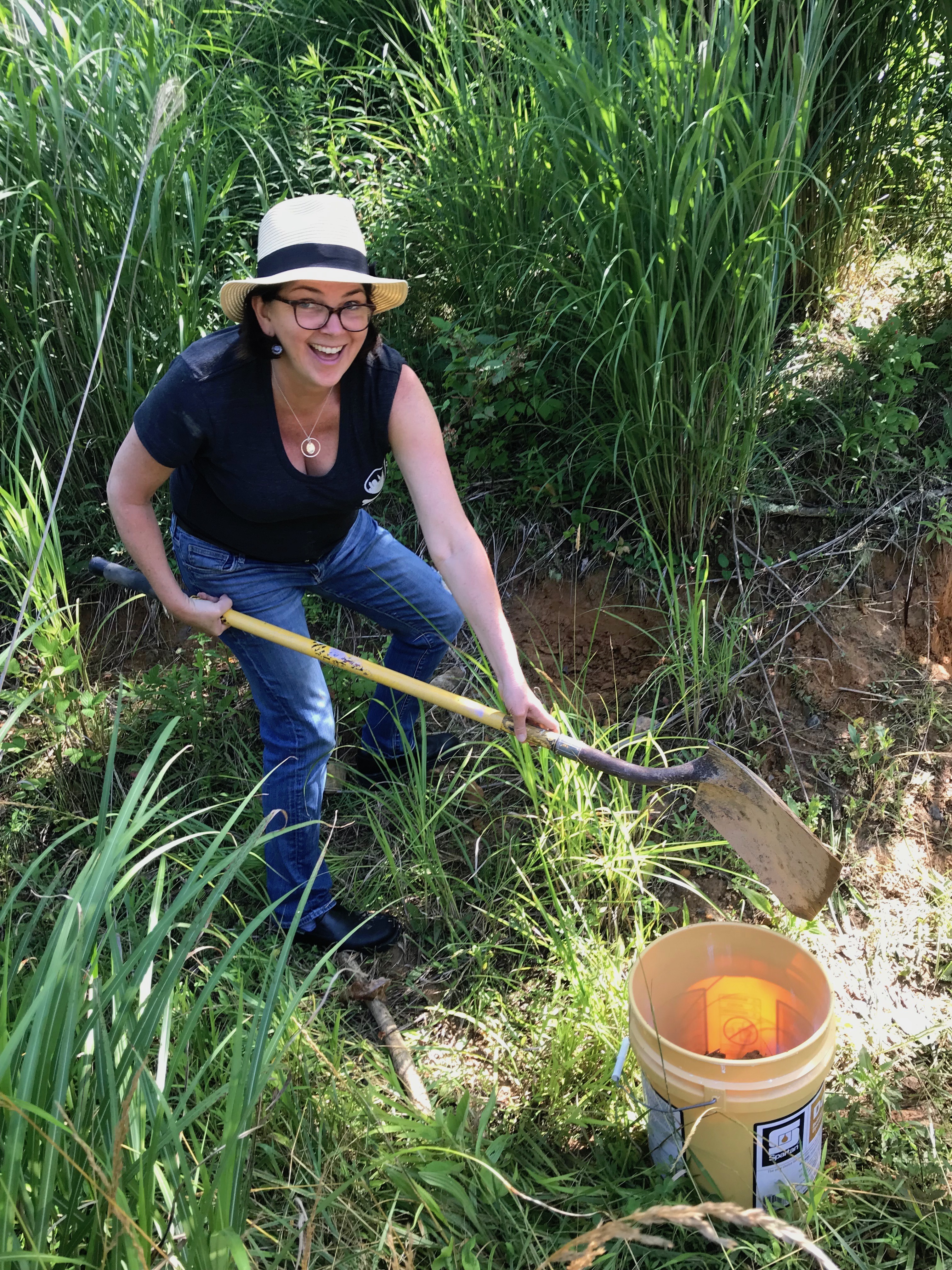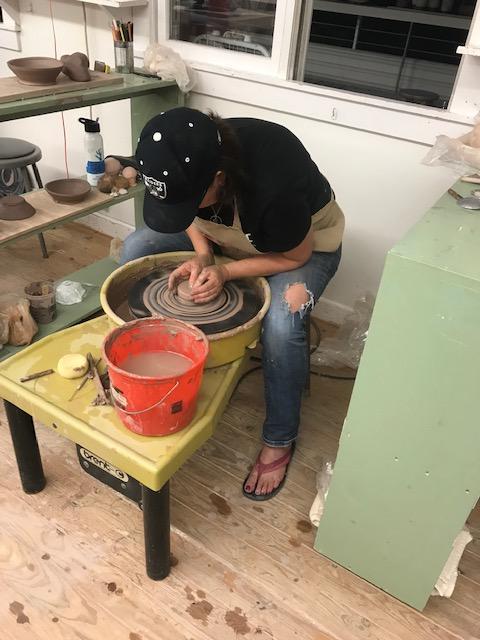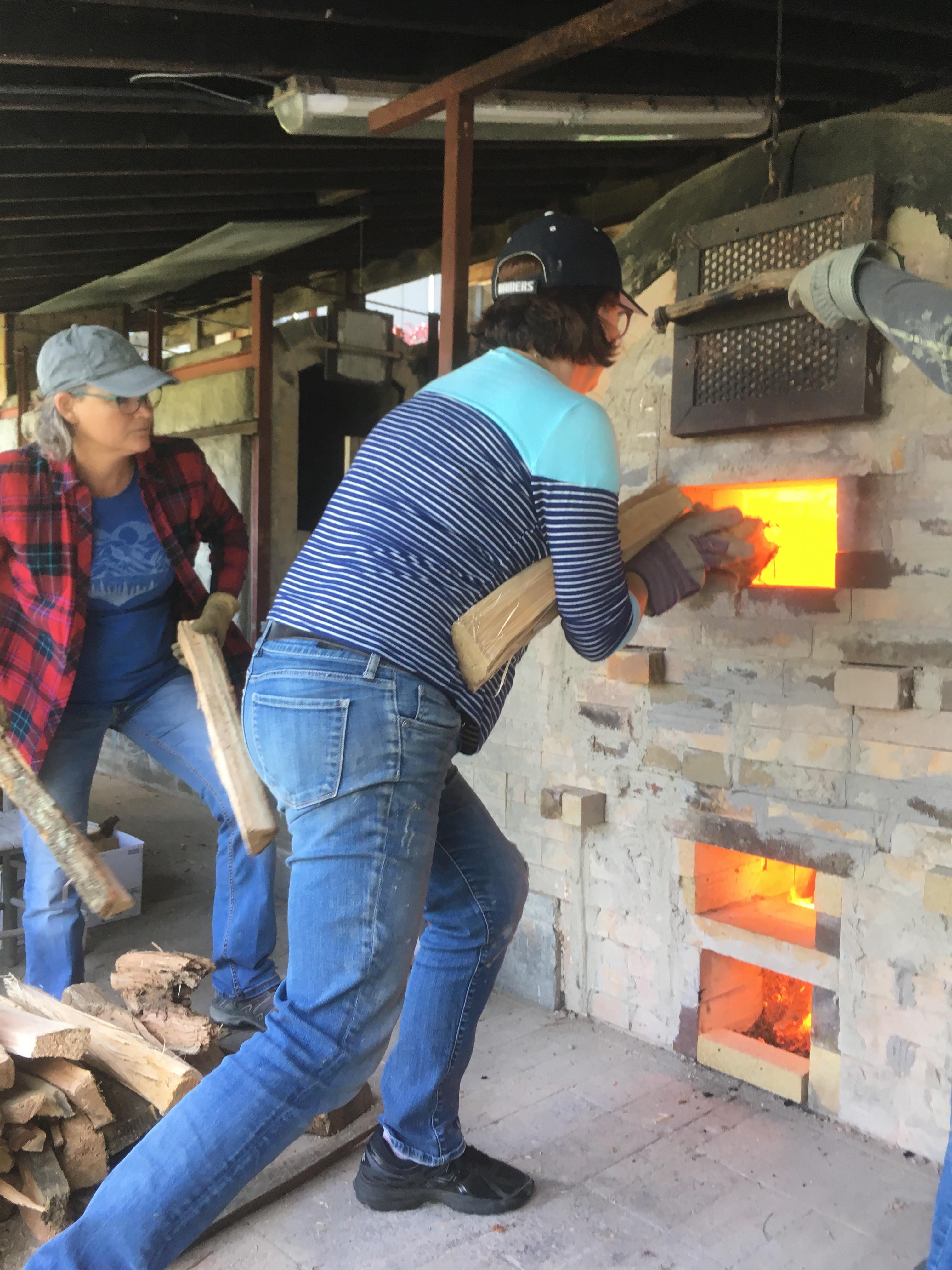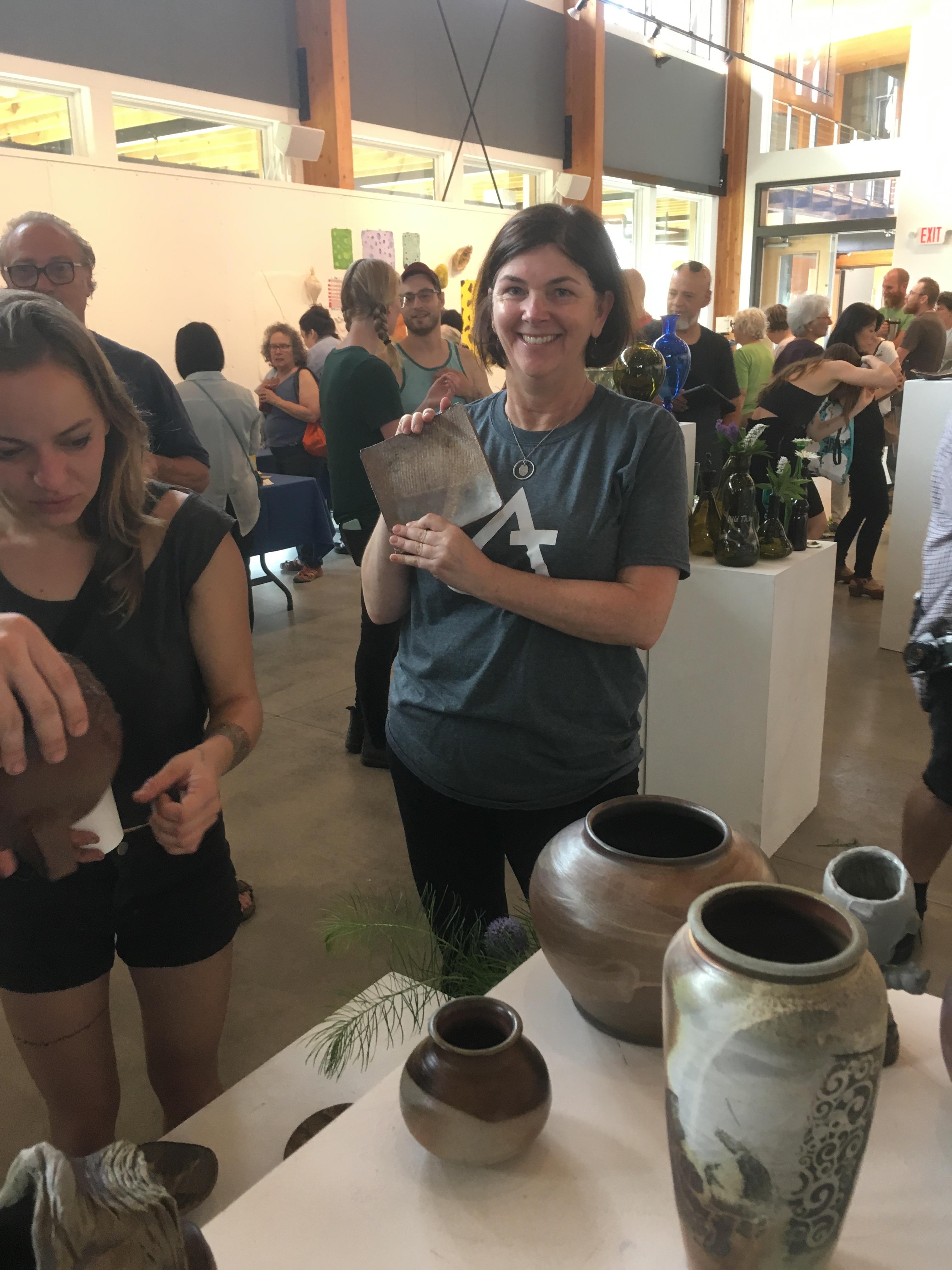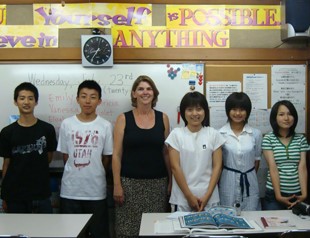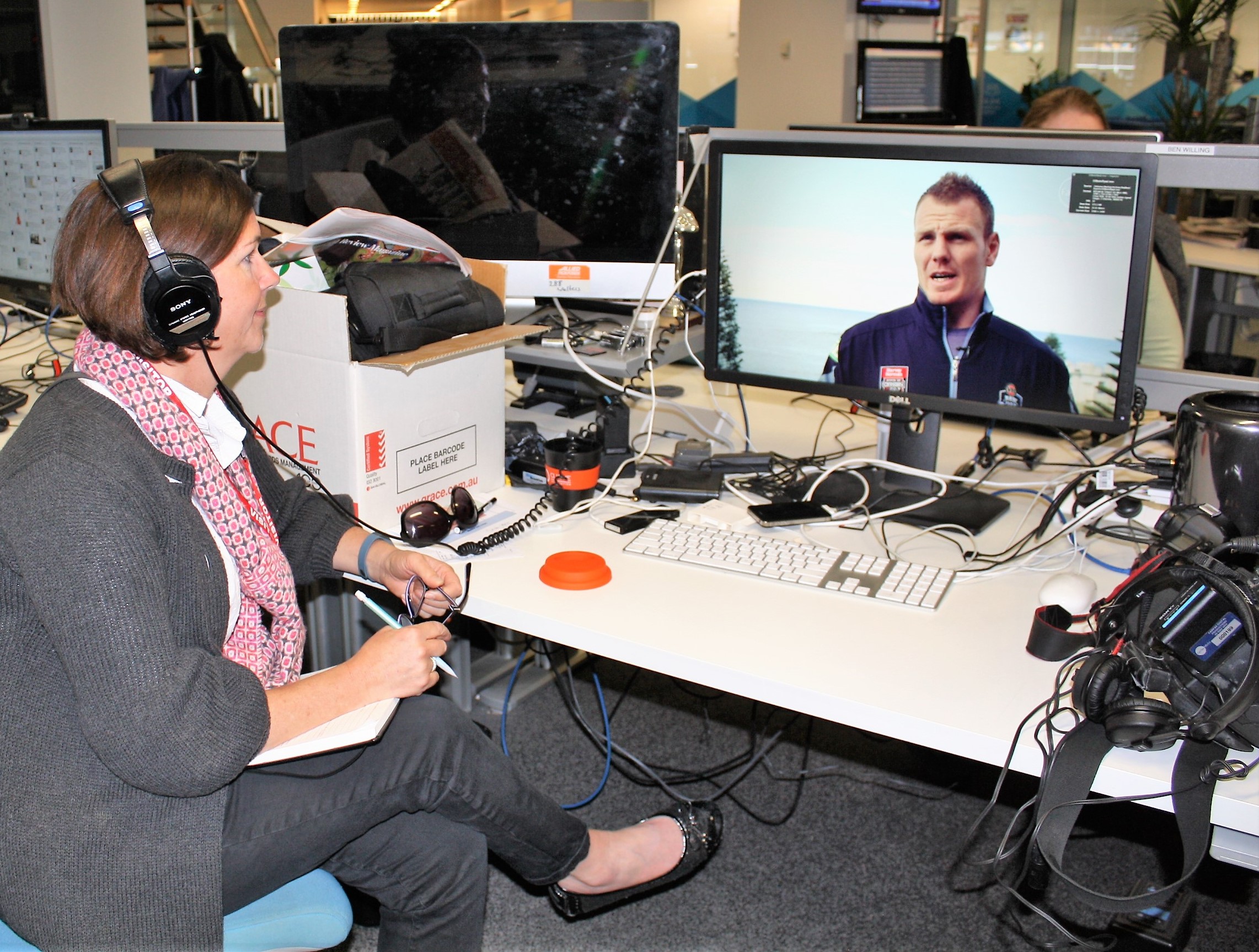Fellow Friday | Crafting a Mindset
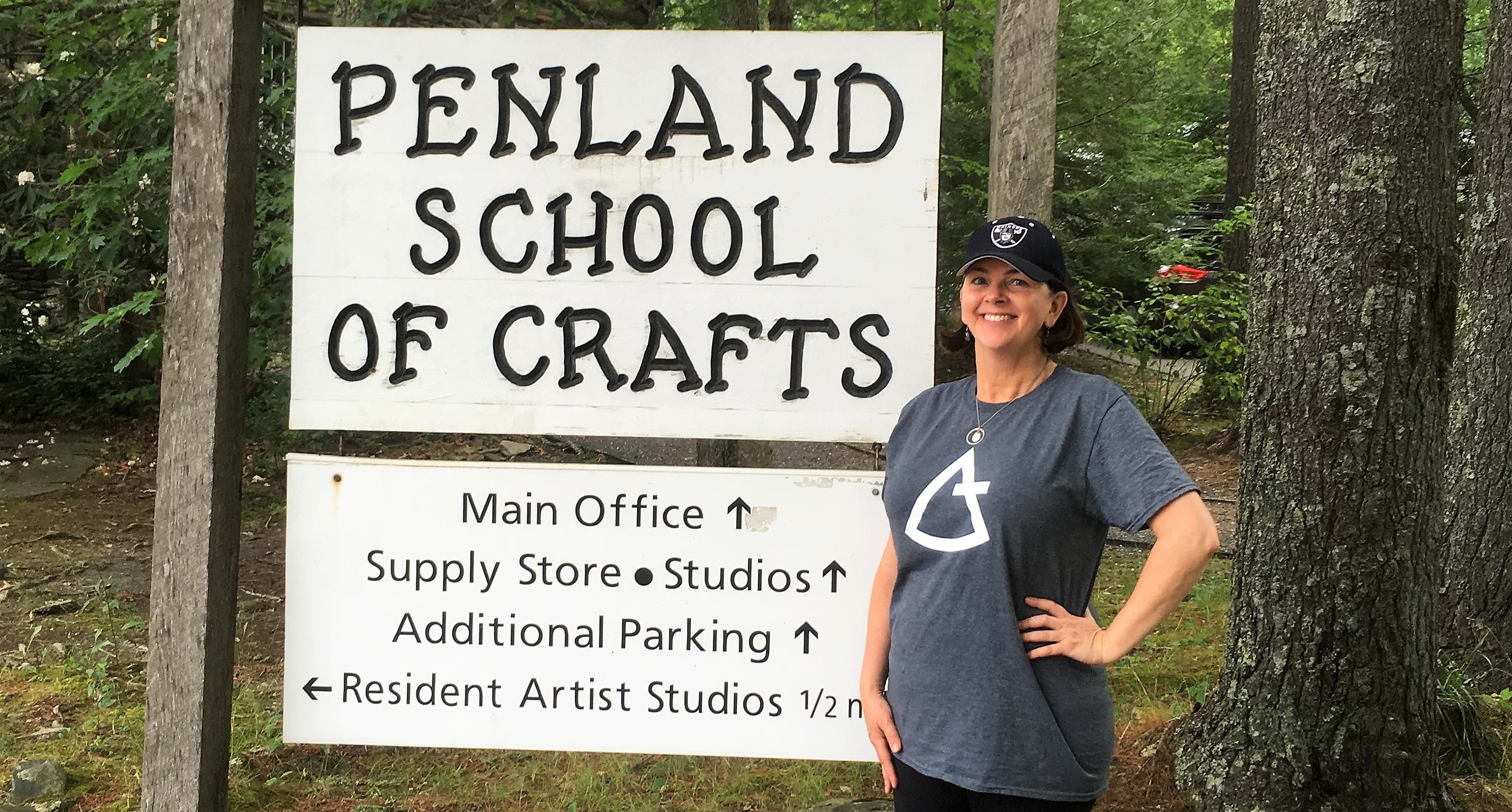
The flatlands of Oakland — where most of my students live — have often been described as a war zone. Nearly every student of mine has lost at least one family member, classmate or friend to gun violence. My students face discrimination for their race, gender, country of origin, religion, immigration status, and usually a combination of these. I have students who are refugees and immigrants from Yemen and Iraq, Burma and Vietnam, Guatemala and El Salvador. Additionally, because of the pervasiveness of gun violence, racism, poverty, and grief in our city, experts estimate that 30 percent or more of Oakland children suffer from PTSD, my immigrant students are now in a state of heightened uncertainty and fear with deportations on the rise. What’s more, my students belong to a generation that is increasingly suffering from tech addiction.
It’s not hard to see why I designed my Fund for Teachers fellowship around the need for more mindfulness, social-emotional learning and focus-building activities in our school. My two-week fellowship at the Penland School of Craft mixed the arts, writing, and mindfulness with an innovative movement program in the peaceful Blue Ridge Mountains. My time spent there also allowed me to build my own practice of slowing down to live more fully and intentionally so that I can help my students do the same.
Why Penland and not a more standard mindfulness program that attracts many Fund for Teachers Fellows? Why not Thailand or Japan? I was more interested in going to Penland because it combines mindfulness with the arts and writing. I also believe we need to build bridges between rural America and urban America, between a red state and a blue state. Another benefit of this particular workshop is the way Penland embraces the word “craft.” This was clear when I read the school director explain why his institution changed its name from “Penland School of Handicrafts” to “Penland School of Craft” in a recent blog post.
[minti_blockquote]”The word craft,”he wrote, “suggests process, skill, commitment, and perfected attention.” The director added that those values are what the school promotes for the world. “They suggest an ideal, not something specific.” Penland’s values are the same I hope to instill in my students. My time at the rural artist community helps me do that.[/minti_blockquote]
- Lisa digging for clay,
- crafting her piece,
- firing up the kiln,
- and with her final product.
My days were spent immersed in a clay workshop and evenings I participated in “movement” courses. I also conducted field research by talking to artists and other educators about the creative process, even those who are in different workshops than mine. Most of my action research, however, took place in Catherine White’s “Woodfiring & the Expressive Hand” course. In that intensive course, I made all types of pottery and discussed the creative process. It is here that I experienced one of my most profound lessons. “That badness becomes part of your goodness,” was a quote from my teacher that I inscribed in the foot of a bowl that I’d apparently “ruined.” Instead of throwing it out, I looked at the unintended grooves and found a way to accentuate them because they looked like the Penland mountains. I want my teaching to evolve like my learning. I want to be more daring with my lessons, turning them into something good — even better — if they fail to go as expected. I want students to also learn this way.
Now, with distance learning, the way that my FFT fellowship helped me with mindfulness is even more important. I am partnering with several teachers to provide mindful literature lessons to my students. Just this week, we did a nice lesson on embodiment. We did a full body scan to focus our awareness on our own body. We then wrote poetry based on Elizabeth Acevedo’s poem “Afro-Latina” in which we explored how she came to love parts of her body and identity that originally caused her shame and learned to love her mixed heritage. The partnership with the ceramics teacher is on hold due to distance learning! However, I am using ceramics in my own life to continue to center myself so that I can be more present with my students.
This fellowship allowed me to be a “newcomer,” which is what my most recently enrolled students are called in my English Language Development class. I was a newcomer in the ceramics studio and to a special vocabulary that wood firers share. All but one of my classmates had had years of experience with clay. My teaching is consequently transformed because I felt the need to create safe spaces for students to question and make mistakes in an environment similar to the one I experienced on my fellowship. Lucy Morgan, who founded Penland in the 1920s, said this about her school: “I’ve never known a place where one experiences such a feeling of liberation, of a taking for granted that mistakes are a normal part of the learning process; of tolerant acceptance of people as they are, yet faith in their desire and ability to grow.” We must build similar environments for all learners, especially English learners.
[minti_divider style=”3″ icon=”” margin=”20px 0px 20px 0px”]
This was Lisa’s third FFT fellowship. With her first grant in 2008, Lisa traveled to Japan to research its high schools, teenagers and media; in 2015, she studied multiculturalism in Australia, New Zealand and Tonga, where she explored with a journalist Sydney’s minority populations with multimedia storytelling. You can read more about that experience here.
- Visiting a Cram School in Japan in 2008
- Shadowing a video journalist in Australia on the day of the Malaysian Airline tragedy in 2015
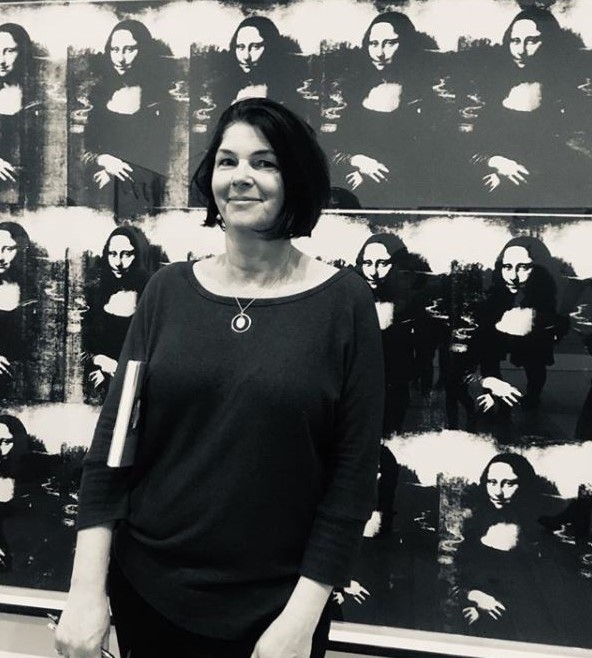 Lisa Shafer is passionate about delivering an equitable education to all students and giving them the opportunity to voice their opinions through journalism, debate and public speaking. Armed with a Master’s degree in journalism from the University of Michigan, Lisa currently teaches English at Skyline High School in Oakland, CA. Prior to that, she taught journalism at Oakland’s Media Academy of Fremont High School and worked as a professional journalist at several newspapers, including the Toledo Blade, the Philadelphia Inquirer and the Contra Costa Times. She started teaching in 2001.
Lisa Shafer is passionate about delivering an equitable education to all students and giving them the opportunity to voice their opinions through journalism, debate and public speaking. Armed with a Master’s degree in journalism from the University of Michigan, Lisa currently teaches English at Skyline High School in Oakland, CA. Prior to that, she taught journalism at Oakland’s Media Academy of Fremont High School and worked as a professional journalist at several newspapers, including the Toledo Blade, the Philadelphia Inquirer and the Contra Costa Times. She started teaching in 2001.
 Back to Blogs
Back to Blogs